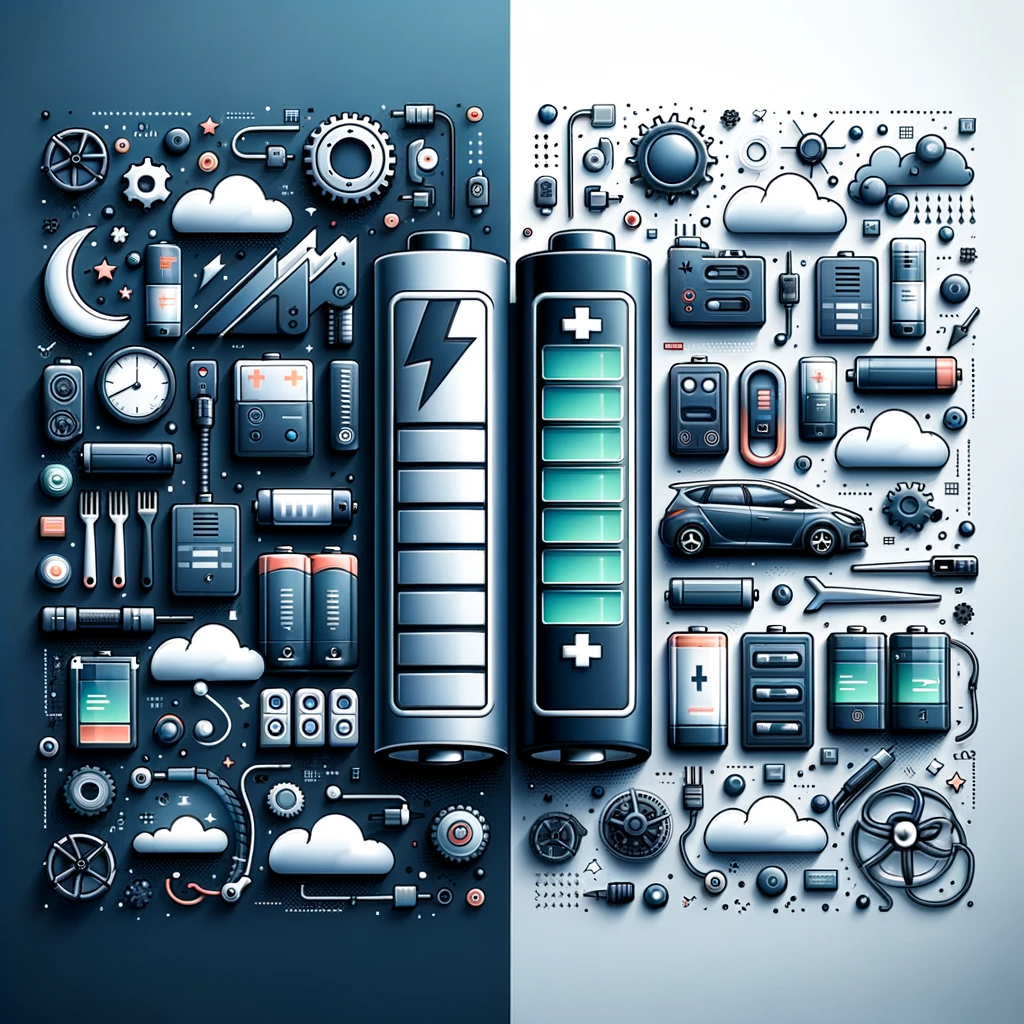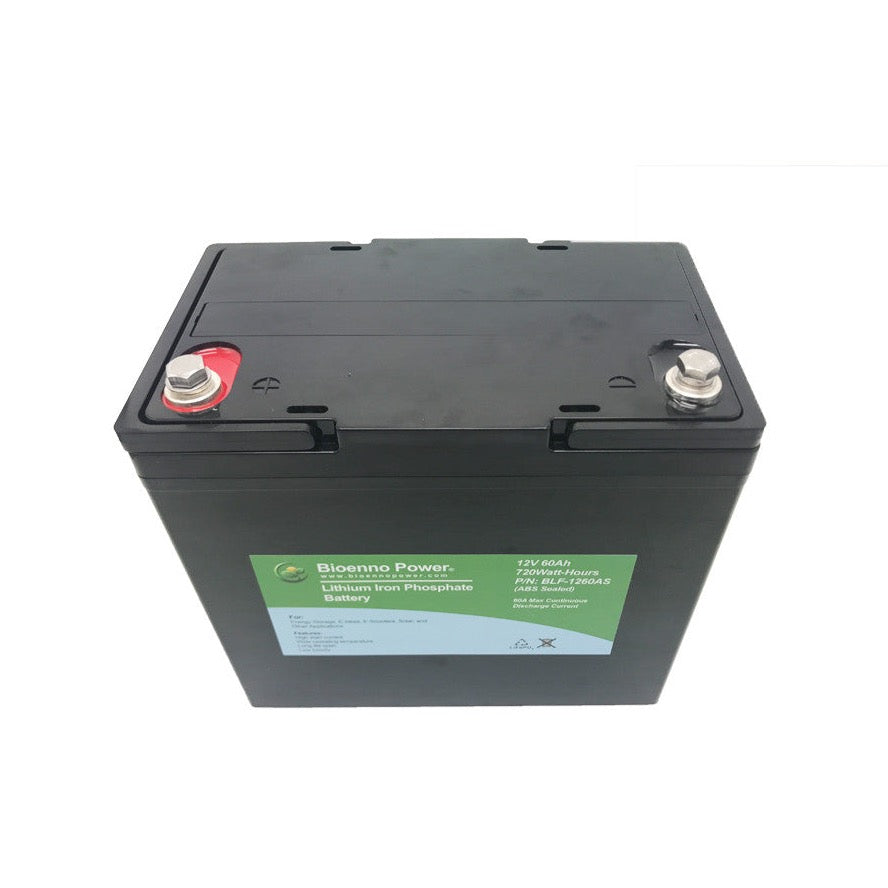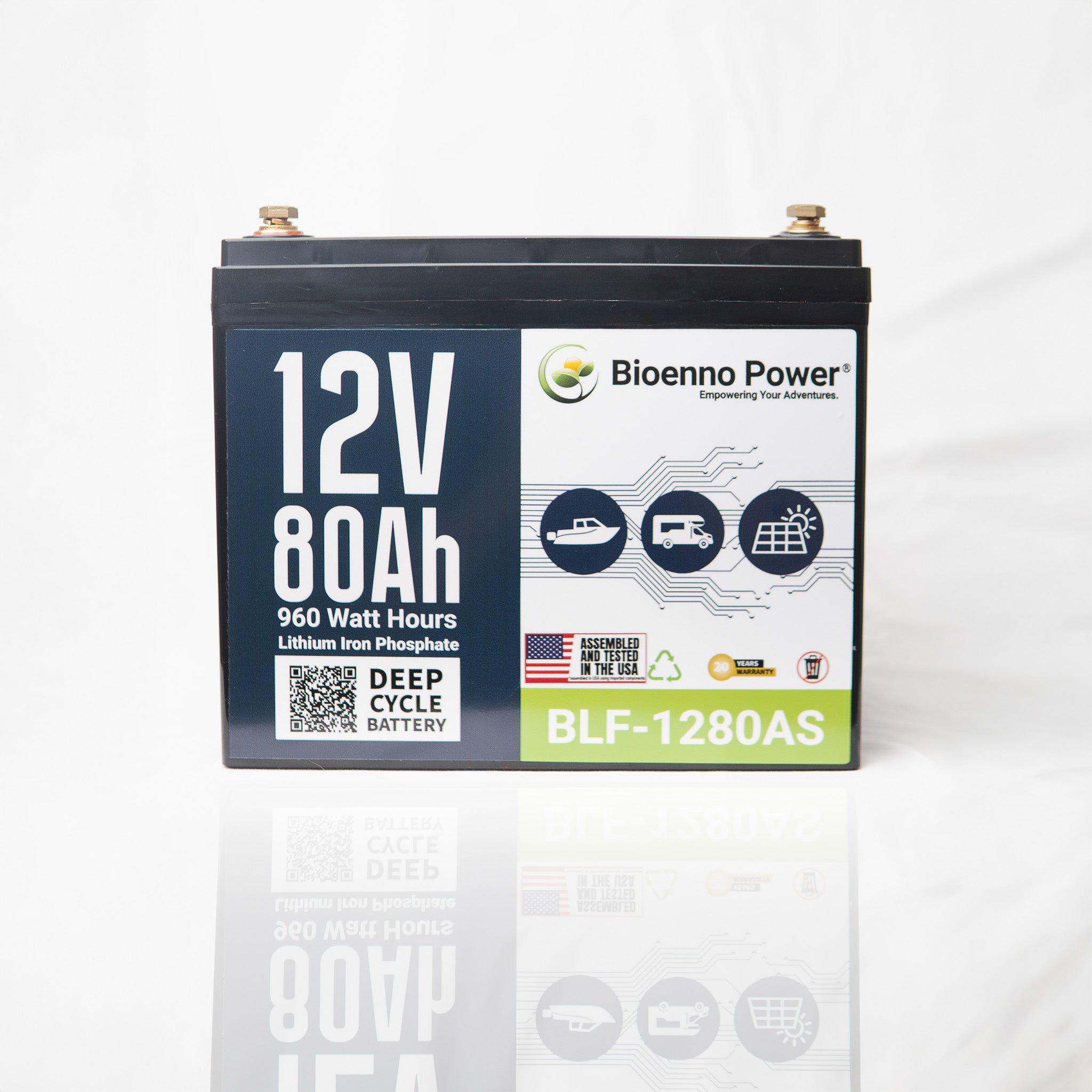
Lithium-ion batteries have revolutionized the world of portable power and energy storage. From smartphones to electric vehicles, these batteries have become an indispensable part of our daily lives. However, their widespread use doesn't mean they are without their advantages and disadvantages. In this comprehensive article, we will take a deep dive into the pros and cons of lithium-ion batteries, addressing the interests of individuals with boats, campers, robotics, ham radios, and off-grid power enthusiasts.
Pros of Lithium-Ion Batteries
-
High Energy Density: Lithium-ion batteries are renowned for their high energy density. This characteristic means they can store a significant amount of energy in a relatively small and lightweight package. This makes them ideal for applications where space and weight constraints are crucial. According to research from the Journal of Power Sources, lithium-ion batteries have an energy density of approximately 150-200 watt-hours per kilogram, far surpassing other battery types.
-
Long Cycle Life: Lithium-ion batteries offer a longer cycle life compared to many other types of batteries. With proper care and maintenance, they can last for several years, making them a cost-effective choice. A study published in Nature Communications indicates that high-quality lithium-ion batteries can endure more than 1,000 charge and discharge cycles while retaining a significant portion of their capacity.
-
Fast Charging: Quick recharge times are a significant advantage of lithium-ion batteries. This feature is especially beneficial for campers and boaters who need to recharge their devices or power banks quickly while on the go. Research by Stanford University's Department of Materials Science and Engineering has led to advancements in fast-charging technology, further enhancing this benefit.
-
Low Self-Discharge: Lithium-ion batteries have a low self-discharge rate, meaning they retain their charge for longer periods when not in use. This feature makes them ideal for emergency backup power systems and ham radio operators who need reliable power when needed. A study published in the Journal of The Electrochemical Society found that lithium-ion batteries typically lose less than 2-3% of their charge per month when stored at room temperature.
-
Variety of Sizes and Shapes: Lithium-ion batteries come in various sizes and shapes, making them adaptable to different applications. Whether you need a compact battery for your handheld radio or a larger one for your boat's trolling motor, there's likely a lithium-ion battery that fits your needs. This versatility is due to advancements in battery manufacturing technology, as outlined in a report from the National Renewable Energy Laboratory (NREL).
Cons of Lithium-Ion Batteries
-
Expensive: One of the most significant drawbacks of lithium-ion batteries is their cost. They tend to be more expensive upfront compared to other battery types. According to research from the U.S. Department of Energy's Office of Energy Efficiency and Renewable Energy (EERE), the cost of lithium-ion batteries has been decreasing steadily over the years, but it remains a factor to consider, especially for budget-conscious users.
-
Limited Lifespan: While lithium-ion batteries have a long cycle life, they do have a limited overall lifespan. Over time, their capacity decreases, which means they may need replacement, adding to the long-term cost. A study published in the Journal of The Electrochemical Society indicates that the capacity of lithium-ion batteries can degrade by approximately 20% after 500 charge and discharge cycles.
-
Safety Concerns: Lithium-ion batteries can be prone to thermal runaway, which can lead to fires or explosions in extreme cases. Proper handling and storage are crucial to mitigate these risks, making safety a top priority for users. Research from the Journal of Power Sources highlights the importance of robust safety mechanisms in lithium-ion battery design to prevent catastrophic failures.
-
Environmental Impact: The production and disposal of lithium-ion batteries can have a significant environmental impact due to the extraction of lithium and other rare materials. Proper recycling and disposal procedures are essential to minimize this impact. A study published in Environmental Science & Technology Letters explores the environmental implications of lithium-ion battery recycling and highlights the importance of sustainable practices.
-
Temperature Sensitivity: Lithium-ion batteries are sensitive to temperature extremes. They perform best within a specific temperature range, making them less suitable for some outdoor applications where temperature variations can be extreme. Research from the Journal of Energy Storage discusses the impact of temperature on lithium-ion battery performance and the need for thermal management systems.
Conclusion
In conclusion, lithium-ion batteries offer a plethora of benefits, including high energy density, long cycle life, and fast charging. However, they also come with drawbacks such as cost, limited lifespan, safety concerns, environmental impact, and temperature sensitivity. Understanding these pros and cons is crucial for individuals with boats, campers, robotics, ham radios, and off-grid power enthusiasts as they make decisions about incorporating lithium-ion batteries into their setups.









